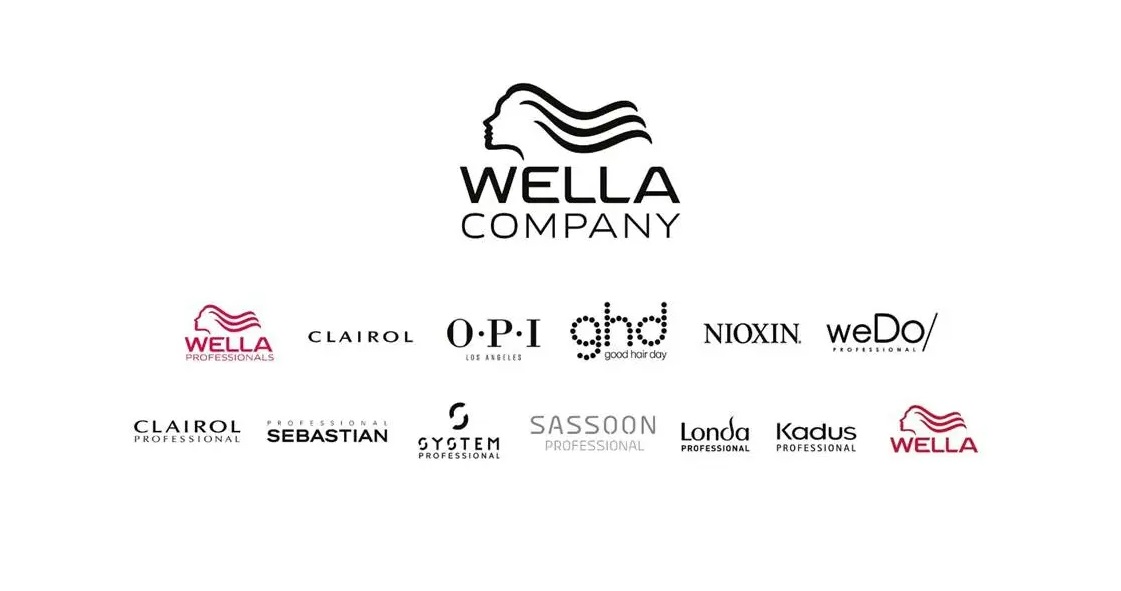Solenix teams up with Wella applying artificial intelligence to Hair R&D
27 April 2022
In a new exciting venture, Solenix recently shared its strong AI experience with Wella, to help the company with its research and development work.
Specifically, the project aimed to assess the benefits and limitations of using artificial intelligence in hair R&D.
For this purpose, Solenix produced two prototypes:
-
The Result Predictor: to predict a result when creating a recipe consisting of several ingredients. With this product the AI team applied machine learning to predict hair outcomes.
-
The Recipe Predictor: to find out which ingredients (and in which proportions) would result in the desired outcome. For this prototype, the team used multi-objective genetic algorithms to obtain the best recipe while considering multiple business constraints.
Due to the limited initial dataset, Solenix used active learning during the course of the project to prioritise which new recipes would make AI more effective. This had the impact of improving the AI performance while reducing the experimentation time.
These prototypes have demonstrated that artificial intelligence and optimisation approaches, such as machine learning and genetic algorithms in particular, have the potential to help Wella in R&D .
With AI, Wella can shorten the time needed to create new recipes and play what-if analysis on new ingredients combinations. In practice, Wella can increase its efficiency with AI by reducing the number of trials. This is particularly useful for refining existing or creating new recipes.
Our collaboration with Wella has confirmed that Solenix’s AI capabilities are multidisciplinary and allow us to add chemistry and cosmetics to our AI portfolio.
We have enjoyed our interactions with Wella and look forward to future collaborations.
